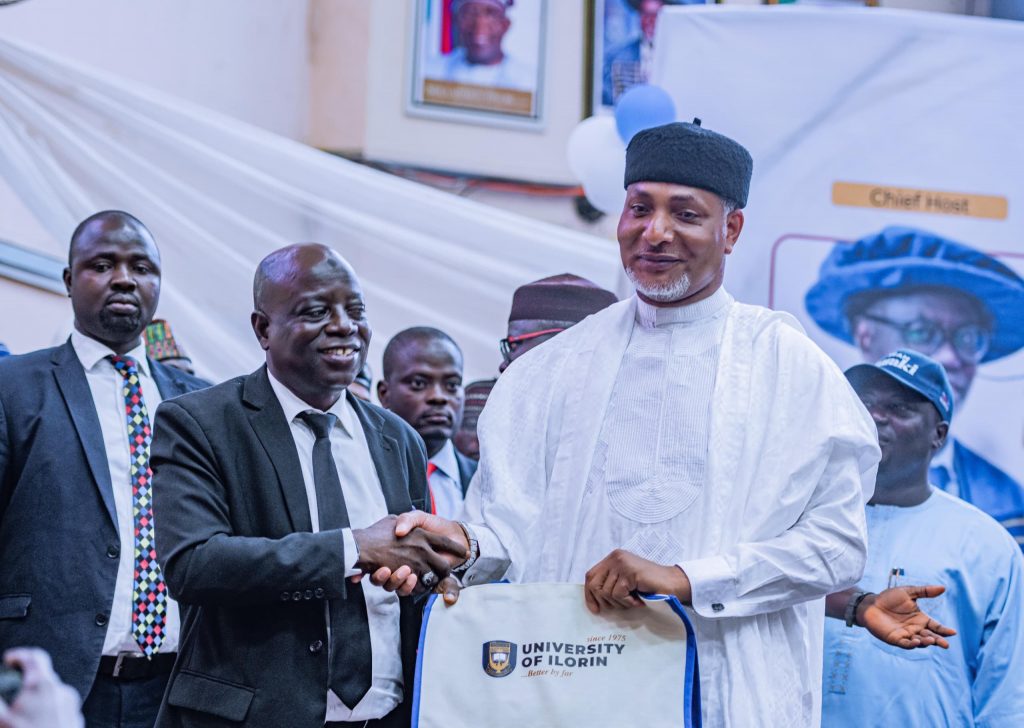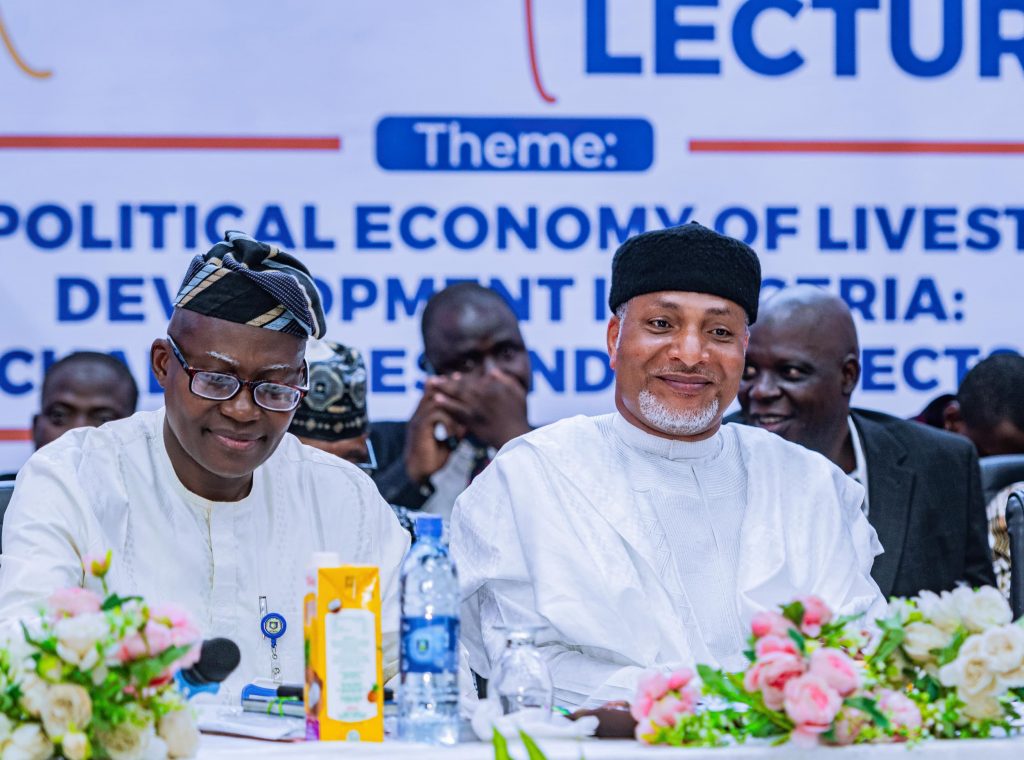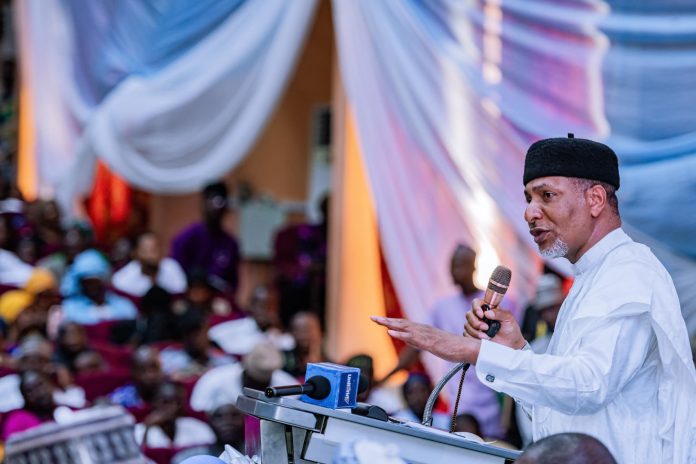01 July, 2025
The Special Adviser to President Bola Ahmed Tinubu on Livestock Reforms, Professor Attahiru Jega, says the President possesses the political will to resolve Nigeria’s long-standing farmers-herders crisis if the right reforms are implemented with support from relevant stakeholders.
Professor Jega, a former Chairman of the Independent National Electoral Commission (INEC), stated this on Monday during a distinguished personality lecture at the University of Ilorin, Kwara State. The lecture, titled “The Political Economy of Livestock Development in Nigeria: Challenges and Prospects,” was delivered as part of activities commemorating the university’s 50th anniversary and held in honour of Senator Saliu Mustapha.
Jega, in his remarks, described the escalating clashes between farmers and herders as a product of worsening land pressure, climate change, and poor governance of natural resources—issues he said must be tackled as part of broader livestock sector reforms.

“President Tinubu has demonstrated the willingness and capacity to solve this crisis,” Jega said. “What is needed now is stakeholder support—especially from the National Assembly, security agencies, and state actors—to implement evidence-based reforms.”
The political scientist, who now advises the President on livestock reform policy, also painted a sobering picture of Nigeria’s looming protein deficit and rising food insecurity.
Citing population growth projections by 2050, Jega warned that Nigeria, expected to become the world’s third most populous nation with nearly 400 million people, could face severe nutritional and economic crises unless the livestock sector undergoes urgent transformation.
“To meet basic consumption needs by 2050, Nigeria will require a 253 per cent increase in poultry production, 117 per cent in beef, and an astonishing 577 per cent growth in milk output,” he said. “These are not abstract projections—they are clear warning signs.”

According to him, “The livestock sector already contributes 7 to 9 per cent to Nigeria’s agricultural GDP and sustains over 20 million livelihoods. Yet, the sector remains crippled by outdated production systems, poor veterinary services, inadequate infrastructure, fragmented value chains, and chronic underinvestment.”
He added that insecurity tied to the farmer-herder conflict further compounds the problem, disrupting rural livelihoods and exacerbating national instability.
“Violent conflict over land use and grazing routes is not only a food systems issue—it is a peace and security issue,” Jega said. “Reforming this sector is no longer optional; it is a developmental and national security imperative.”
He emphasised the need for climate-smart agricultural practices, investment in rural infrastructure, and the creation of inclusive value chains that bring private capital into the sector.
“The alternative is continued protein deficiency, widespread rural poverty, and deeper reliance on food imports,” Jega said.
Senator Saliu Mustapha, who chairs the Senate Committee on Agriculture Production Services and Rural Development, commended Professor Jega for what he described as an intellectually rich and timely lecture.
Mustapha, who represents Kwara Central Senatorial District, pledged the National Assembly’s full backing for the Tinubu administration’s livestock and agriculture reform agenda.
“The insights provided by Professor Jega today will no doubt shape policy thinking and empower our youth to pursue sustainable livestock ventures,” Mustapha said. “The legislature remains committed to working collaboratively with the executive to deliver food security and rural transformation.”
In her welcome remarks, Dean of the Faculty of Social Sciences, Professor Adedoyin Omeda, said the theme was selected in response to Nigeria’s worsening economic and security crises. She described Professor Jega as “a bridge between rigorous academic scholarship and transformative public service.”
The Vice-Chancellor of the university, Professor Wahab Egbewole, represented by the Deputy Vice-Chancellor (Management Services), Professor Fawole Adisa, stated that the event reflects the university’s alignment with President Tinubu’s Renewed Hope Agenda.
“Professor Jega’s selection for this lecture is deliberate,” Egbewole noted. “His expertise and leadership in public policy make him the right voice to speak on the future of livestock development in Nigeria.”
The event attracted academics, policymakers, lawmakers, and students, many of whom echoed the urgency of investing in Nigeria’s underperforming livestock sector.


